On April 16, 2025, General Secretary To Lam directed as such at the National Conference to disseminate and implement the Resolution of the 11th Central Conference, 13th tenure.
“Change in thinking and vision; must surpass oneself, sacrifice personal interests for the common interests of the country” which means to avoid the mentality of “your province, my province”, “hometown lost its name” in merging administrative units at provincial and commune levels, and abolishing the district level.
"Overcoming regional psychology and moods to move towards a broader mindset and vision - the country is the homeland" is one of the bases for implementing the policy of our Party and State on arranging all provincial Party secretaries, chairmen of people's committees, heads of inspection committees, and chief inspectors at the provincial level to not be local people.
Loving one's homeland in the narrow sense - village, district, province - is a feeling that should be cherished and respected; loving one's homeland in the broad sense - Fatherland - is even more sacred.
Arranging cadres in the planning to head a new land is not to disrespect the feelings for the homeland but to broaden the vision of those people, creating opportunities for them to truly devote their efforts "for the people".
This is also part of the policy of rotating cadres, especially strategic-level cadres, as stated in Resolution No. 11-NQ/TW dated January 25, 2002 of the Politburo "On rotating leadership and management cadres".
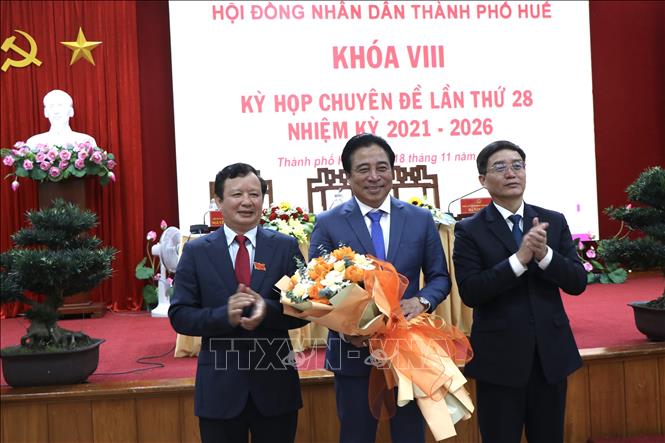
Arranging leaders who are not local people is a step to adjust the use of cadres in a more reasonable way, increasing the number of capable people for places in need, areas with many difficulties. This is also a breakthrough that contributes to profound innovation in the training and fostering of leaders and managers.
Non-local leadership will become a normal, regular practice, breaking down outdated views and habits in personnel work - local, closed tendencies in each locality; a complacent, stagnant mentality that only wants to choose an easy, familiar working environment, not willing to make an effort to study, strive to improve qualifications and work efficiency... Personnel rotation is like a stream of water, only flowing water is clear, stagnant water is muddy.
Being in charge of a new locality creates challenges for leaders in an unfamiliar environment so that they can take on many different positions, have a mindset and vision that goes beyond the boundaries of a specific province or city. A transferred official will clearly gain more experience, have a new perspective, and especially the results of work progress or regression will also be more clearly shown. Thereby, the competent authorities, party members, voters, and people will also evaluate the leader's capacity more accurately.
In addition, the heavier responsibilities of provincial and municipal leaders now come with more space for them to be proactive and creative in their work.
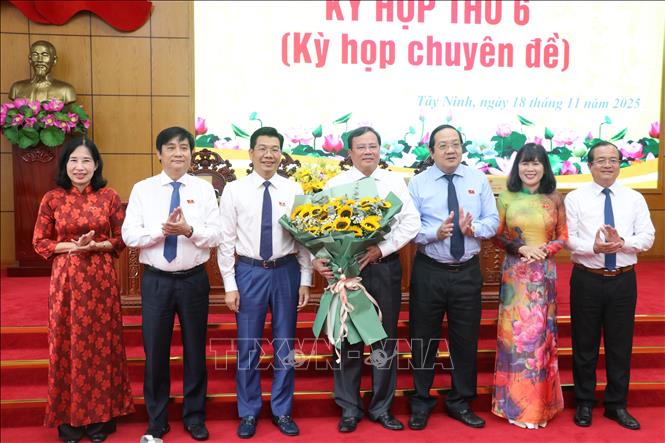
According to the amended Law on Organization of Local Government passed by the National Assembly on June 16, 2025, provincial and municipal chairmen have more powers to handle work according to the principle of promoting decentralization and delegation.
The new law stipulates that, in necessary cases, the People's Committee and the Chairman of the People's Committee at the provincial level shall directly direct and manage the resolution of issues within the tasks and powers of specialized agencies and other administrative organizations under the People's Committee at their level, and of the People's Committee and the Chairman of the People's Committee at the commune level, so as not to let the resolution of work and administrative procedures for people and businesses be delayed, congested, or ineffective.
The People's Committees at the provincial level are proposed to the Government to request the National Assembly to decentralize power to competent agencies, organizations and individuals at the local level to perform tasks and powers in accordance with the capacity and practical conditions of the locality.
The new law divides the general tasks and powers of the People's Committee and the specific tasks and powers of the Chairman of the People's Committee in the direction of increasing the authority of the Chairman of the People's Committee.
Specifically, the provincial People's Committee has 12 tasks and powers; the provincial chairman has 23 tasks and powers; the commune People's Committee has 10 tasks and powers; the commune chairman has 17 tasks and powers.
These new regulations are a strong reform step to promote the responsibility of leaders, creating momentum for innovation in local governance.
As of October 31, 2025, there are still 14 provinces and cities with local People's Committee Chairmen. Every day, this number changes and by November 18, 33 out of 34 provincial-level administrative units have rotating officials as their heads. Khanh Hoa Province is the remaining administrative unit and is also expected to announce its personnel work today.
Source: https://baotintuc.vn/thoi-su/lanh-dao-khong-phai-nguoi-dia-phuong-de-co-tam-nhin-rong-lon-hon-20251119085609474.htm







![[Photo] The Standing Committee of the Organizing Subcommittee serving the 14th National Party Congress meets on information and propaganda work for the Congress.](https://vphoto.vietnam.vn/thumb/1200x675/vietnam/resource/IMAGE/2025/11/19/1763531906775_tieu-ban-phuc-vu-dh-19-11-9302-614-jpg.webp)
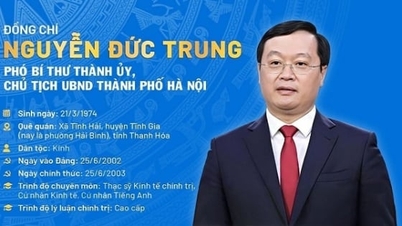



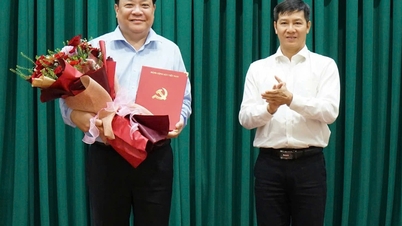



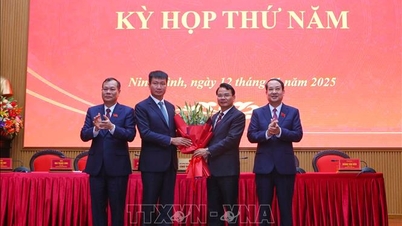


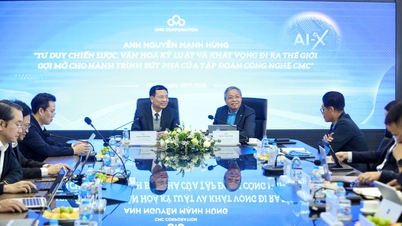
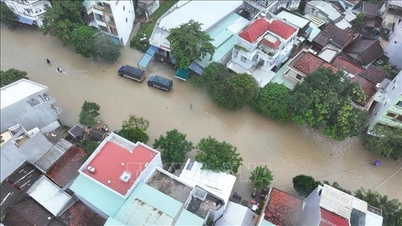
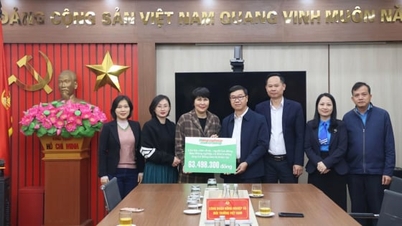
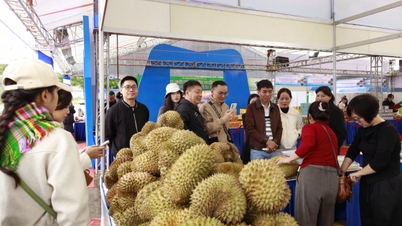
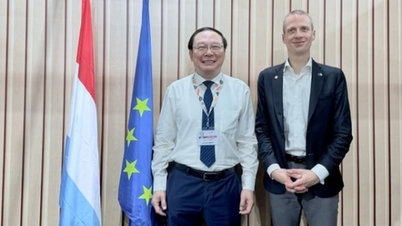







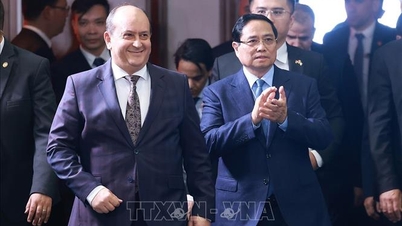
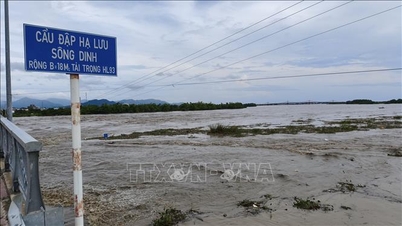
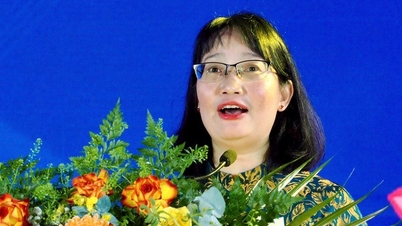
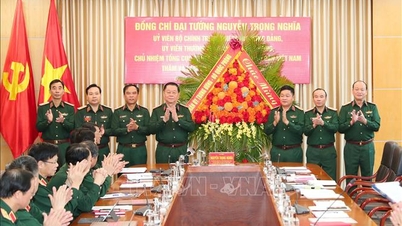
![[Photo] General Secretary To Lam receives Slovakian Deputy Prime Minister and Minister of Defense Robert Kalinak](https://vphoto.vietnam.vn/thumb/1200x675/vietnam/resource/IMAGE/2025/11/18/1763467091441_a1-bnd-8261-6981-jpg.webp)
![[Photo] Prime Minister Pham Minh Chinh and his wife meet the Vietnamese community in Algeria](https://vphoto.vietnam.vn/thumb/1200x675/vietnam/resource/IMAGE/2025/11/19/1763510299099_1763510015166-jpg.webp)










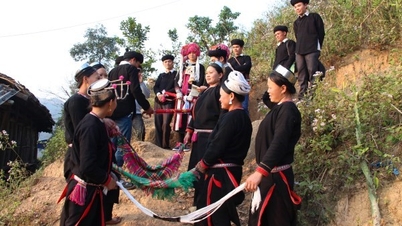

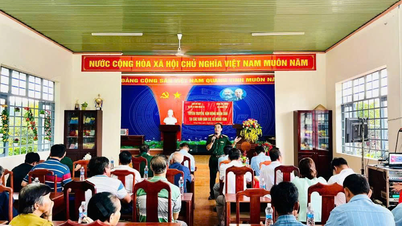






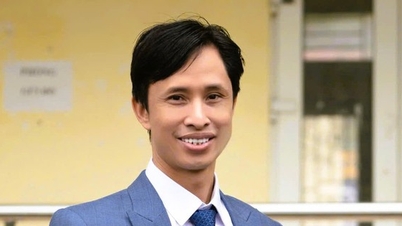



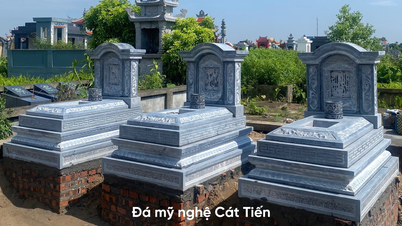


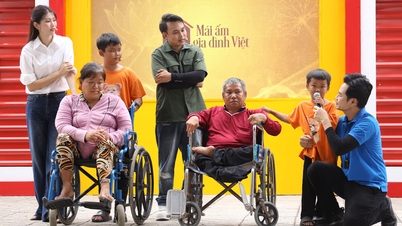
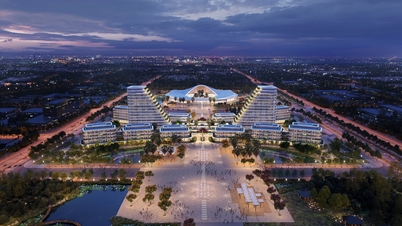








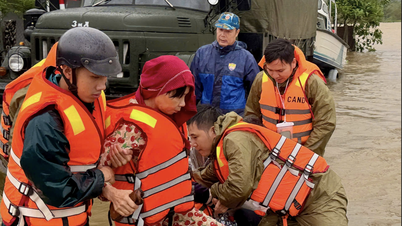



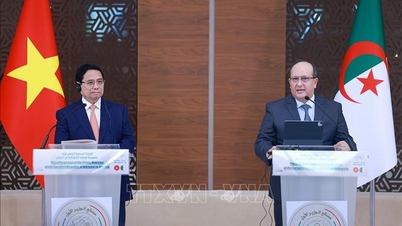





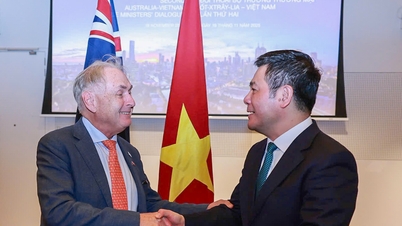
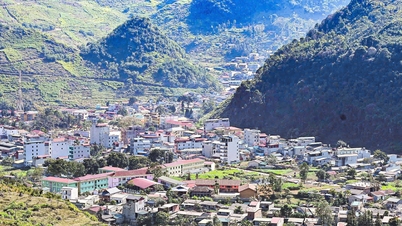


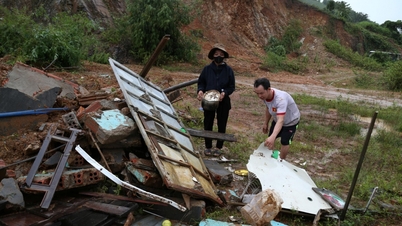
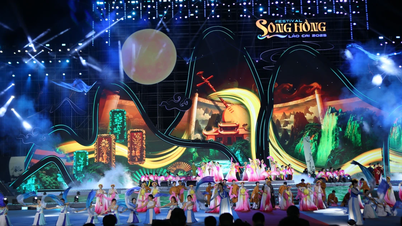


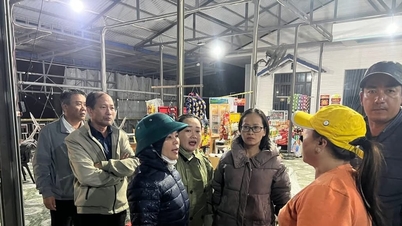



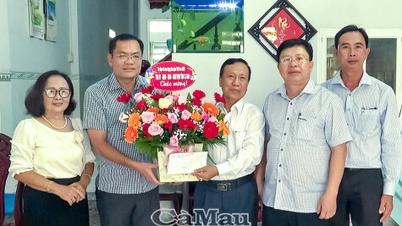
















Comment (0)